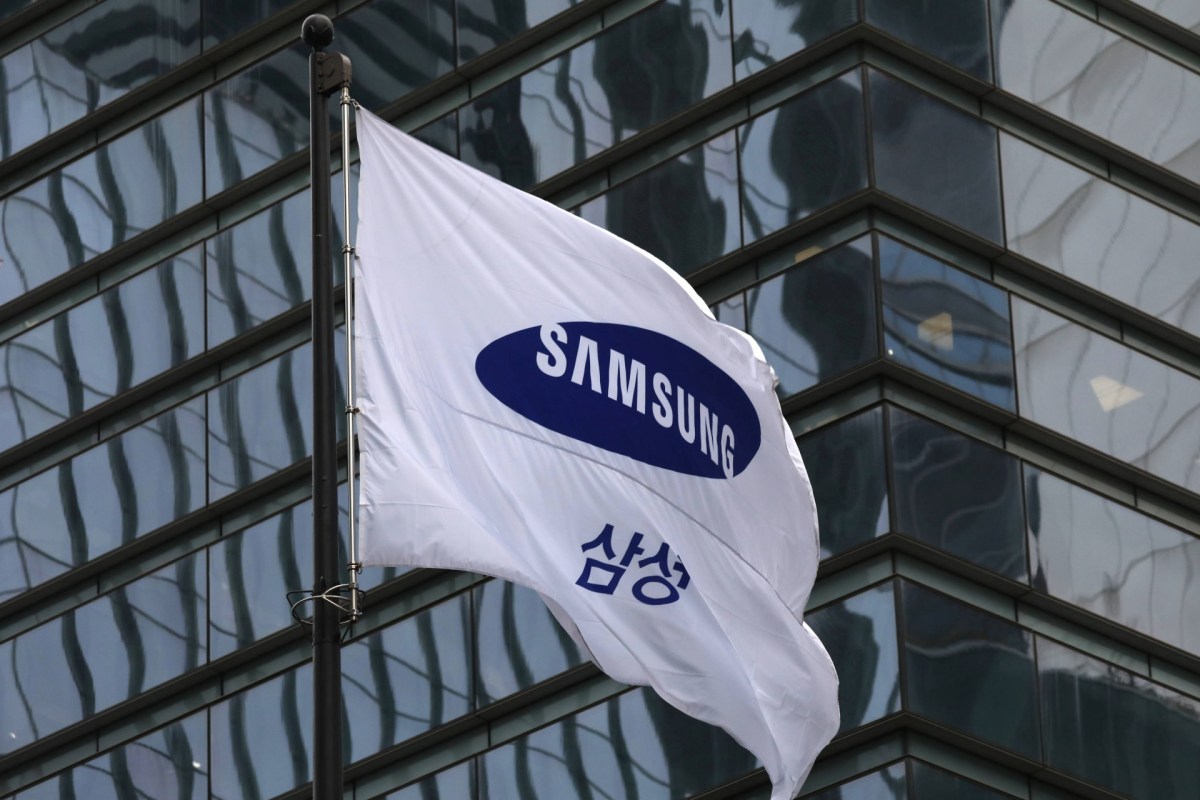A consumer filed a class action lawsuit alleging that a problem part in Samsung washing machines made the appliances prone to premature corrosion.
What's happening?
The company "knew about the defect" in the top-loader machines "as early as 2013 due to consumer complaints," according to the lawsuit, per Top Class Actions. Susan Zabransky filed the action in New Jersey federal court.
The part at issue is a flange below the tub, which the suit states accumulates "mold and other debris" that "is released onto clothing during wash cycles," TCA reported, and can also clog hoses and prevent water from properly draining.
In response to complaints, Samsung offered cleaning tips and service calls — at the consumers' expense — instead of a more appropriate solution, the lawsuit alleges. TCA reported service calls could cost $100 and hard-to-find replacement parts were upward of $200.
"However, a new flange, made of the same material, only provides a [Band-Aid] type fix as the replacement flange will also corrode in a short period of time," the lawsuit states.
Why is this important?
The alleged masking of the problem is troublesome, and the lawsuit charges Samsung with poor design, engineering, and manufacturing.
As it relates to the environment, the harm of a faulty part is twofold; the resources used to produce the flange are wasted, as are the washing machines affected by the issue. They need to be repaired or replaced prematurely, and some will end up in landfills, unnecessarily requiring more appliances to be made and purchased.
Irresponsible companies — especially those that engage in greenwashing — make an outsize contribution to excess waste, which harms humans, wildlife, and the planet via polluting gases that envelop Earth like a blanket, leading to warmer temperatures and more extreme weather more frequently.
What's being done?
TCA, which noted Samsung recalled top-loader washing machines in 2022 because the machines were a fire hazard risk, said the lawsuit argues that "Samsung concealed the flange defect in its top-loader washing machines and routinely declined to provide consumers with warranty repairs or other remedies" and cites violations of New Jersey's Consumer Fraud Act, Truth-in-Consumer Contract, and Warranty and Notice Act as well as fraudulent concealment, unjust enrichment, and breach of implied and express warranties.
The suit hopes to hold Samsung accountable and fulfill basic consumer protection laws.
Join our free newsletter for cool news and actionable info that makes it easy to help yourself while helping the planet.









